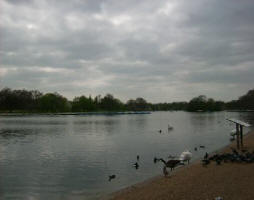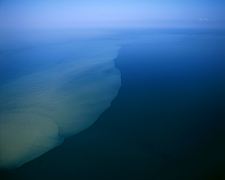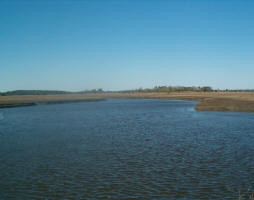 Palestine: UN Human Rights Committee says Israel denying access to water
Palestine: UN Human Rights Committee says Israel denying access to water
For the first time ever, the Human Rights Committee has addressed denial of access to water and sanitation as violations of the International Covenant on Civil and Political Rights (ICCPR), says the Geneva-based Centre on Housing Rights and Evictions (COHRE).
The UN Human Rights Committee found Israel in violation of its commitments under international law. The violations identified by the Committee include forced evictions of Palestinians from their homes, the demolition of Palestinian homes, and denying Palestinians access to safe drinking water and sanitation.
The UN Human Rights Committee issued its findings against Israel at the conclusion of its 99th session, held in Geneva from 12-30 July 2010.
For the first time ever, the Human Rights Committee also addressed denial of access to water and sanitation as violations of the International Covenant on Civil and Political Rights (ICCPR), finding that in the case of Israel, they amounted to violations of the right to life and the right to equal protection under the law.
“The Committee’s findings on water and sanitation are groundbreaking,” said Bret Thiele, COHRE’s Senior Expert on Litigation and Legal Advocacy.
“What this means is that the ICCPR is now yet another avenue to address lack of access to water and sanitation by communities. But the challenge remains to ensure that these breakthroughs result in real change on the ground in Palestine and Israel.”
The Human Rights Committee also found that Israeli violations of housing rights and its denial of access to water and sanitation by the Bedouin communities in the Negev region amounted to violations of the right of communities to enjoy their own culture.
One particular area facing serious water and sanitation problems is an Israeli-controlled stretch of land in the West Bank, known as Area C. The Palestinian Authority (PA) is responsible for water services, but is unable to deliver, because it has limited control over water resources in the West Bank.
Cara Flowers, an officer with the Emergency Water, Sanitation and Hygiene, Group (EWASH), said:
“Many vulnerable communities are 40km from the nearest filling point. [...]. “This makes drinking water less accessible and more costly during summer months.”
She said EWASH was struggling to implement emergency humanitarian water projects in Area C as it lacked the necessary permits from the Israeli authorities.
Read the COHRE and Al-Haq report on Israeli violations (download PDF)
Read the UN Human Rights Committee’s Concluding Observations on Israel (download PDF)
Related news: Palestine: Israel rations water to a trickle, Amnesty International says, Source Weekly, 13 Nov 2009
Related web sites:
- COHRE – Occupied Palestinian Territory
- COHRE – Right to Water
- Emergency Water, Sanitation and Hygiene group (EWASH)
| Contact information | n/a |
|---|---|
| News type | Inbrief |
| File link |
http://washmena.wordpress.com/2010/08/27/palestine-un-human-rights-committee-says-israel-denying-access-to-water/ |
| Source of information | COHRE, 05 Aug 2010 ; IRIN, 15 Jul 2010 |
| Keyword(s) | right to water, right to sanitation, human right |
| Subject(s) | DRINKING WATER , DRINKING WATER AND SANITATION : COMMON PROCESSES OF PURIFICATION AND TREATMENT , INFRASTRUCTURES , POLICY-WATER POLICY AND WATER MANAGEMENT , RIGHT , RISKS AND CLIMATOLOGY , SANITATION -STRICT PURIFICATION PROCESSES , WATER DEMAND , WATER QUALITY |
| Relation | http://www.semide.net/countries/fol749974/country608613 |
| Geographical coverage | Palestine, |
| News date | 29/08/2010 |
| Working language(s) | ENGLISH |
 you are not logged in
you are not logged in





